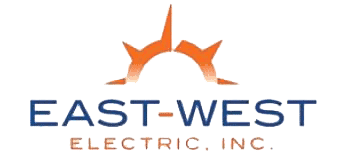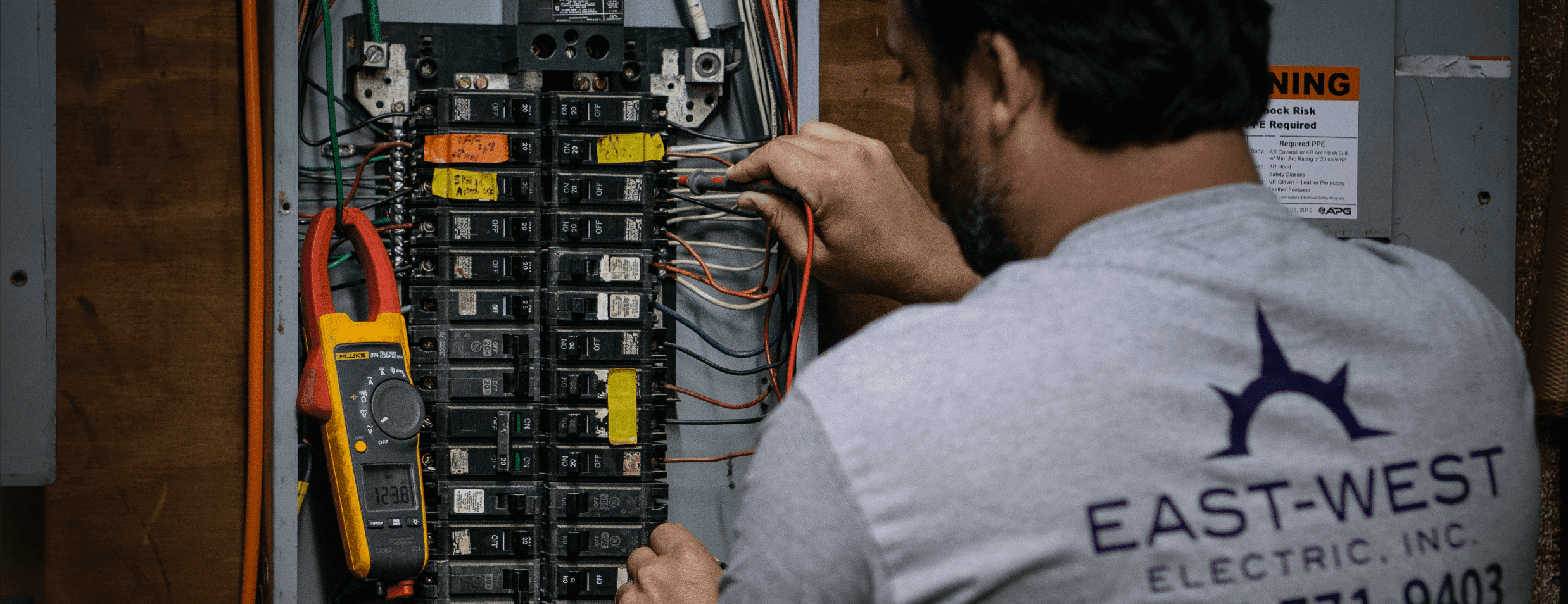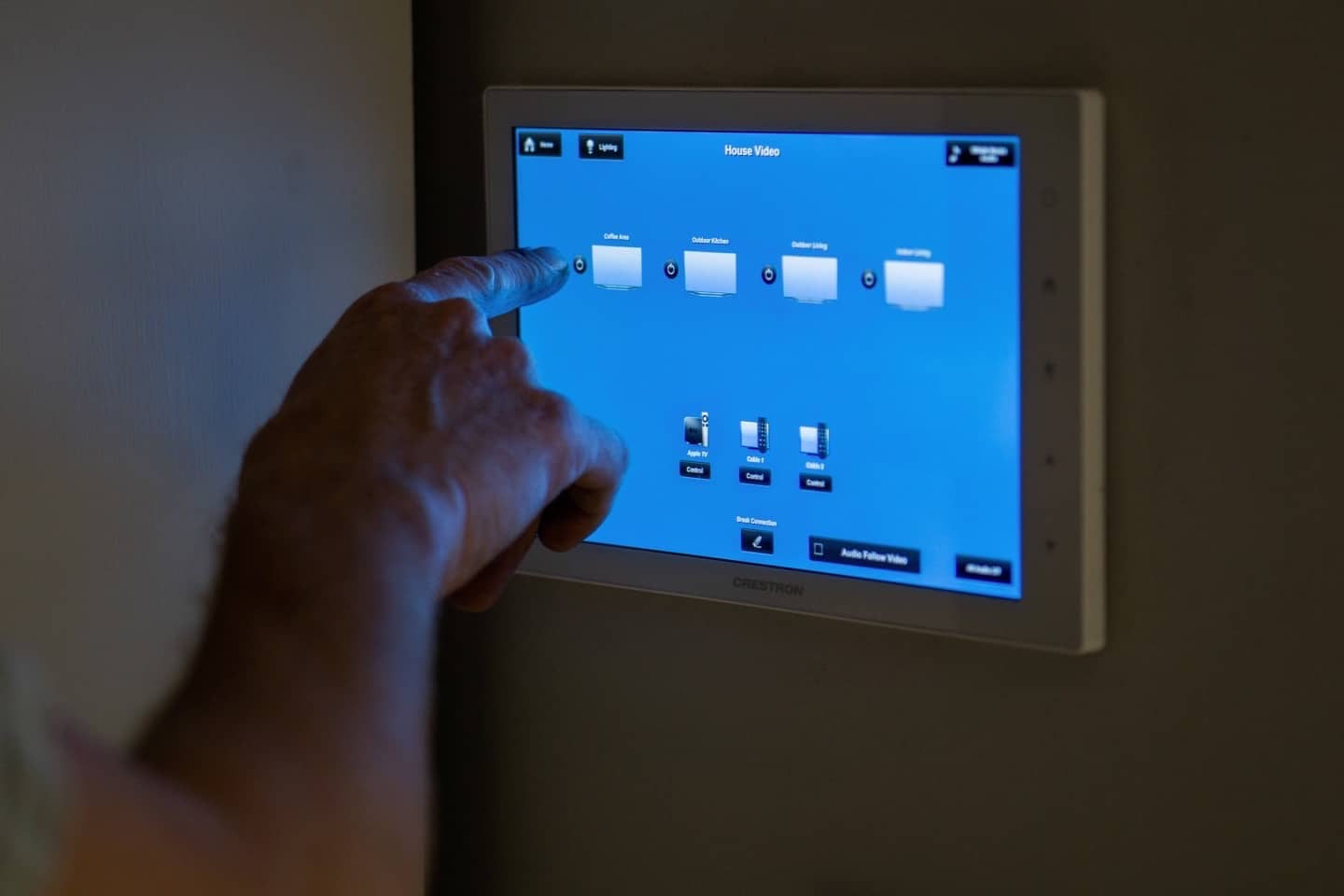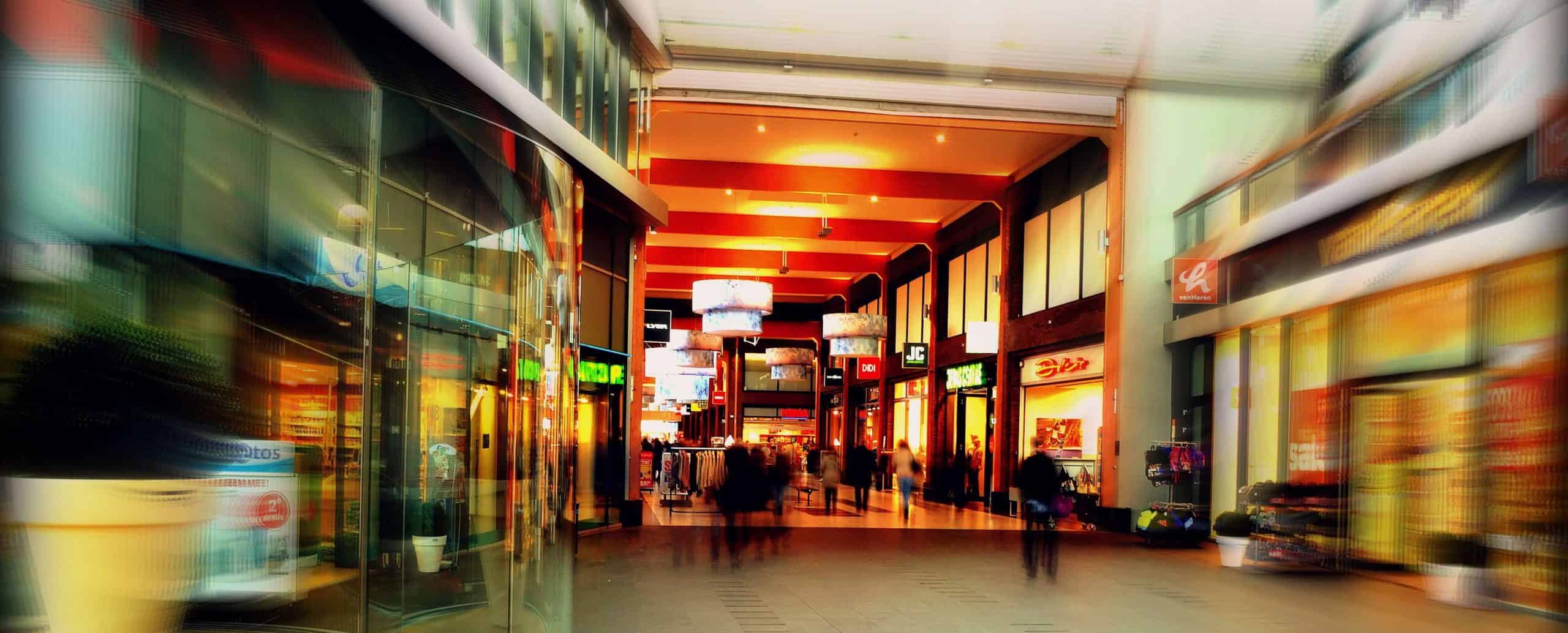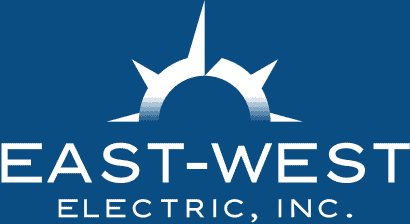Commercial LED Lighting Projects in Clearwater, FL
Whether you have a big commercial lighting project lined up such as a parking lot structure or office building, or even want to upgrade on your residential lighting fixtures, you have probably come across the term LED lighting. LED stands for light emitting diode and is a different form of bulb. But what is there to know about LEDs and how does it differ from other traditional lighting products such as ILBs (Incandescent Light Bulbs) or CFLs (Compact Fluorescent Lamp). So if you’re considering a residential or commercial LED lighting project, this article is the one for you. Here are a few common questions that a highly experienced electrician in Clearwater, FL has answered:
What Is LED?
As mentioned above, LED is an acronym for light emitting diode. An LED is an electrical light source that only allows an electrical current to flow in one direction.
How Do LED Lights Work?
LEDs work differently to ILB and CFL lighting fixtures (more on that later). LEDs are illuminated solely by the movement of electrons in a semiconductor (diode). There are two junctions in a diode, an n-type (excessive amount of electrons [negatively charged]) and a p-type (holes or gaps where electrons should be [positively charged]). When an electrical charge is passed through it in one direction the electrons will move from the n-type to the p-type, combining electrons with the holes. This combination creates a burst of energy in the form of photons (light).
What Are The Alternative Options To LED?
LEDs have been around for a long time, but there are other alternatives that have been around longer. Here are a couple of the most common types of lighting fixtures that you can use for your lighting project. However we would advise against it.
Incandescent Light Bulbs (ILB)
They are the most traditional of light bulbs. Light is created through the process of extreme heat. The filament (usually tungsten) is heated to such a high temperature that it glows with visible light. They are currently prohibited in certain countries due to their negative ecological impact. Although they are the cheap option in the short term, for reasons mentioned below, LED has become the far superior alternative.
Compact Fluorescent Light
These are ecologically friendlier, emit less heat, and have a longer lifespan than your regular ILB (above). In a CFL, passing an electric current through a tube, which contains argon and mercury vapor, resulting ultraviolet light. That in turn reacts with a fluorescent coating on the inside of the tube (phosphor), which results in visible light. But even outperforming your regular incandescent light bulb does not make CFLs a superior option to LED. Let us explain further:
What Are The Benefits Of Using LED?
Upgrading to LED systems can have many benefits for your commercial and residential lighting project. Here are a few of the common questions asked about the differences between LEDs and the other forms of light bulbs:
Are LEDs More Energy Efficiency?
Yes, LED lights are more energy efficient than the other types (incandescent and fluorescent). The reason for this is that they require less wattage to power other than their counterparts. We can see this in the chart for lumens (more on that below), the new unit of measurement for bulbs.
Do They Have A Longer Lifespan?
Yes, LEDs will last longer than your regular bulbs. Incandescent light bulbs usually have a lifespan of 1,000 hours, which can range from 6 months to a year. CFLs in turn can last for 8,000 to 10,000 hours. LEDs have a much longer lifespan, ranging from 15,000 to 30,000 hours. Why is this? LEDs don’t burn out like ILBs or CFLs, they merely dim over time. LEDs have no filaments, no metal fatigue, no oxidation and no evaporation of electrical components, unlike ILBs or CFLs. The LEDs brightness will simply decrease over its lifespan, until the brightness illuminated is not adequate enough for its purpose.
Are LEDs Eco-friendly?
LEDs are more ecologically friendly than their lighting counterparts. This is down to two reasons.
LEDs Can Be Recycled
The first is that the bulbs can be recycled. The other forms of lighting contain mercury to operate, which can be hazardous to humans and wildlife. It is why these had to be dispensed of in a safe way, so as not to pollute those elements around them.
LEDs Have Less Carbon Footprint
LEDs also use up to 90% less energy than their traditional counterparts. It is because of this that projects that use LED lighting will reduce their carbon footprint, by becoming far more energy efficient, and will result in having less of an impact on the environment.
Do LEDs Have A Lower Heat Output?
ILBs only emit approximately 10% of the power that they use to generate in the form of light. So where else does this power go to? The rest of it will be converted into Infrared or radiated heat. This is the main cause for ILBs and CFLs burning out, and potentially causing a fire hazard in the surrounding area. LEDs on the other hand produce very little heat in comparison to ILBs. However, they are designed to dissipate any heat created through a heat sink. The bulb itself is always cool to touch.
Do LEDs Have Added Durability?
LEDs have the advantage of not containing filaments or glass casing. You usually have to handle ILBs and CFLs with the same amount of care as you would with eggs. External vibrations, especially in outdoor lighting fixtures can break the filament in ILBs and cause the electronic components in CFLs to separate. However LEDs are made of sterner stuff, which makes them immune to vibrations, and reasonable external forceful impacts. This makes them the perfect solution for your outdoor commercial electrical projects, such as parking lots.
Is There A Period To Wait For Instant Light?
Whether it was lighting up a parking lot or any other large area, switching on the power wouldn’t result in instant light if you were using the traditional bulbs. However, with today’s advancements in LED technology, the best of both worlds is available to you. Using less energy, a simple flick of the switch will result in a bulb that shines bright immediately. There is no period of the bulbs having to warm up, which results in decreasing the entire efficiency of project, wasting valuable time and money.
Are LED Light Bulbs More Expensive?
Yes LEDs are more expensive than regular ILBs or CFLs. However, considering all of the above points the positives far out weight the initial cost of converting to a more energy efficient light bulb. In the long run LEDs will save you a lot more money due to lower maintenance fee’s (particularly if you are thinking about a big project like a parking lot), less energy consumption, and extended lifespans. It is reported that over a LEDs lifespan you can save five times that of any of the other options. If you are in need of an experienced electrician in Clearwater, FL, call us today on (727) 771-9403.
How Are LEDs Power Measured?
Rather than Watts, the new form of unit of measurement for light is Lumens. The lumen (lm) is the real measurement of brightness provided by a light bulb, and is the number you should look for when shopping for LEDs. Here is a graph below that will explain further how LEDs significantly outperform their counterparts:

Why Should You Choose LED Lighting For Commercial Projects?
We at East-West Electric have had extensive experience in the commercial electric projects around the Clearwater, Florida area. One of our most common projects we undertake is upgrading or installing parking lot lighting fixtures. As mentioned above, the benefits of converting to LED lighting can enhance the following:
- Improve the overall look of your property
- Save you money in the long run
- Provide higher quality lighting
- Increase the value of your property
- Increase the safety and security of your property
So whether you manage a parking lot for a school, office building, public park, or municipality, converting to LED light can have major benefits to your business. Contact us on (727) 771-9403. You can also find our contact information here.
